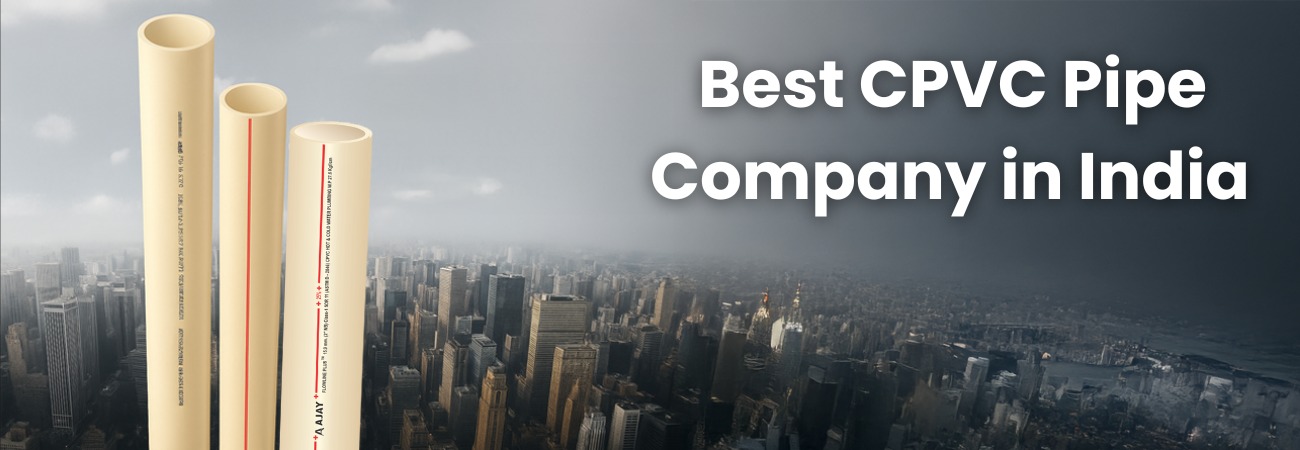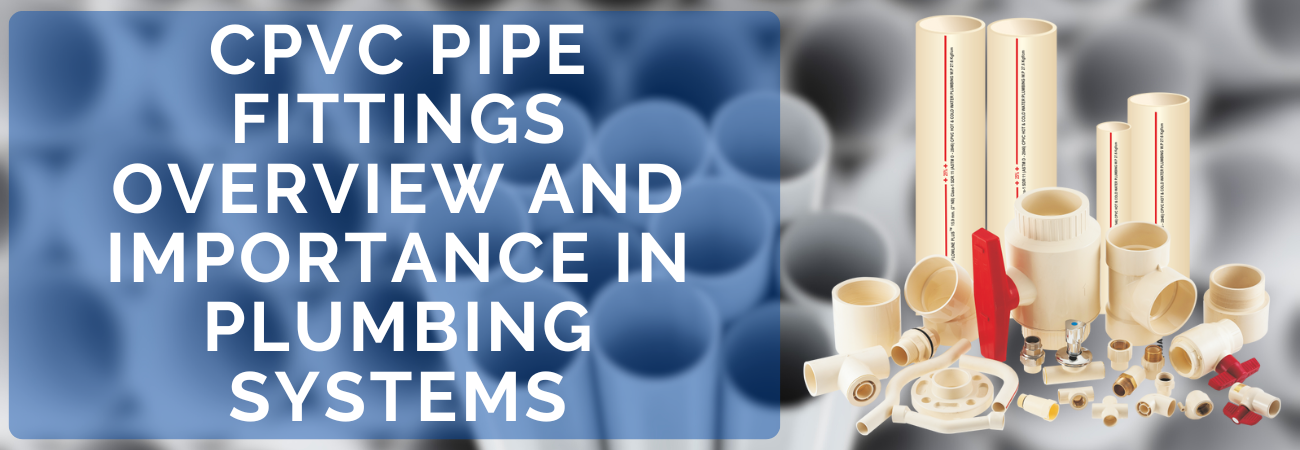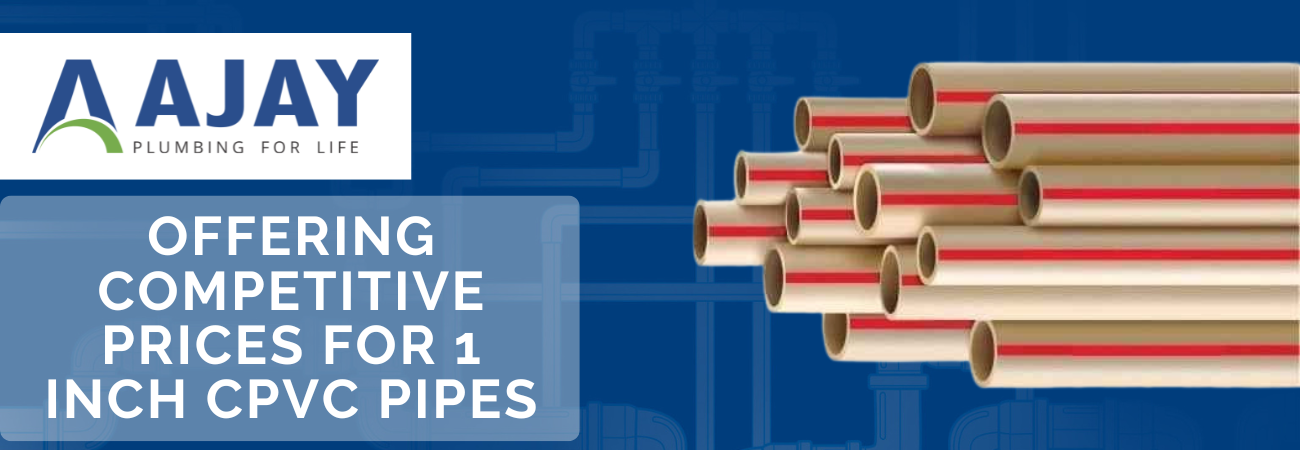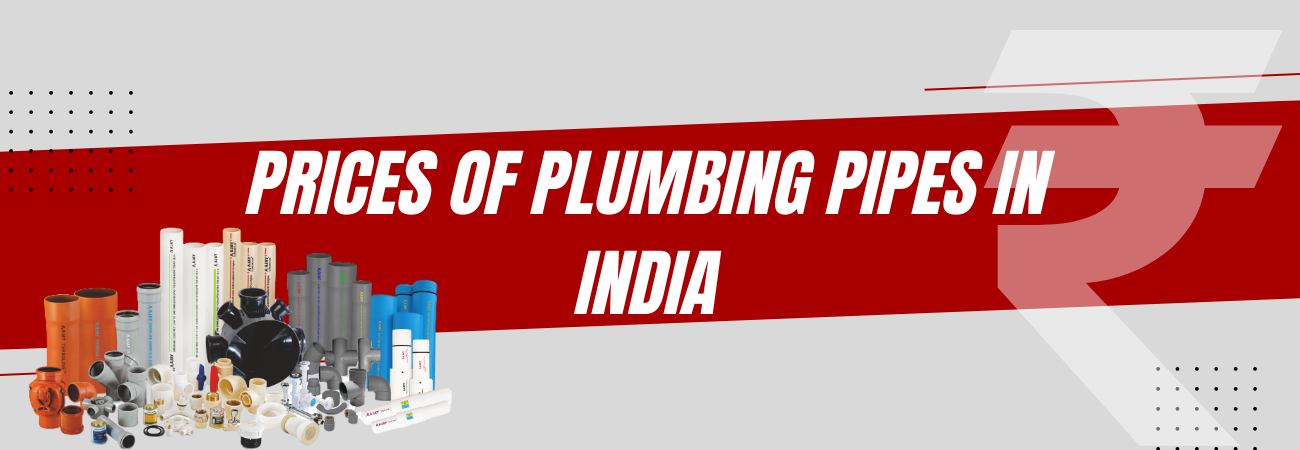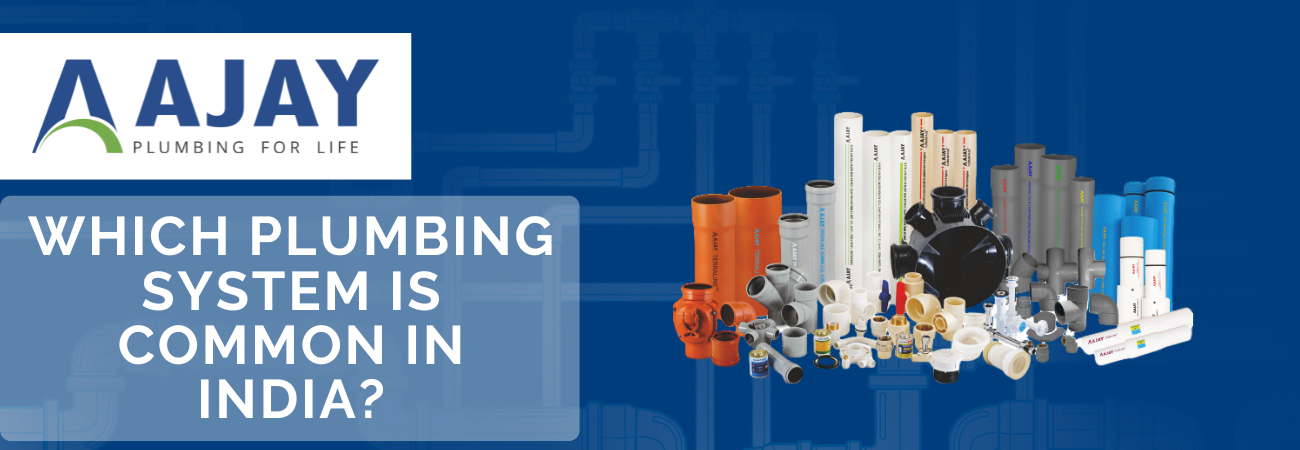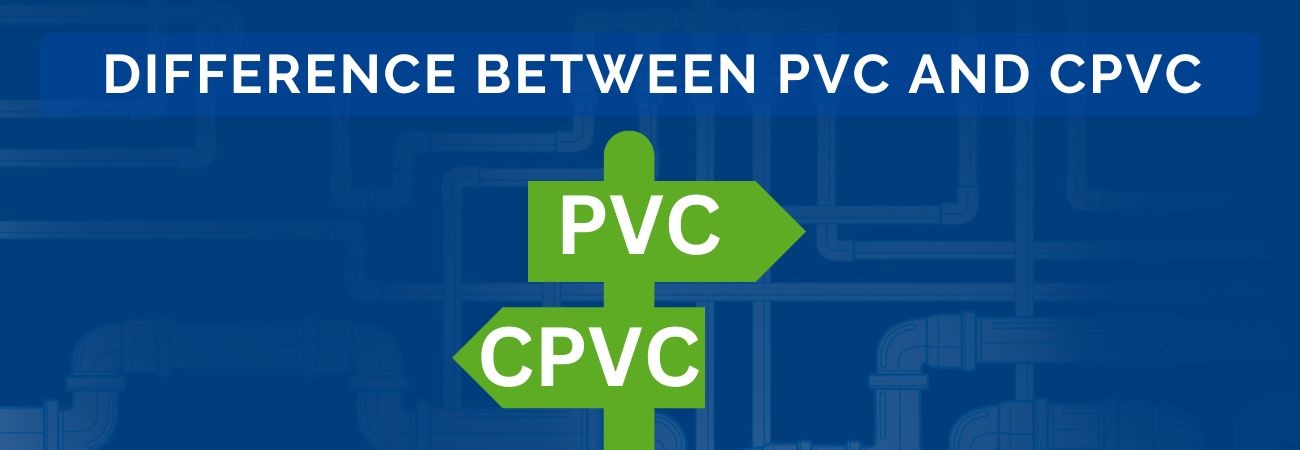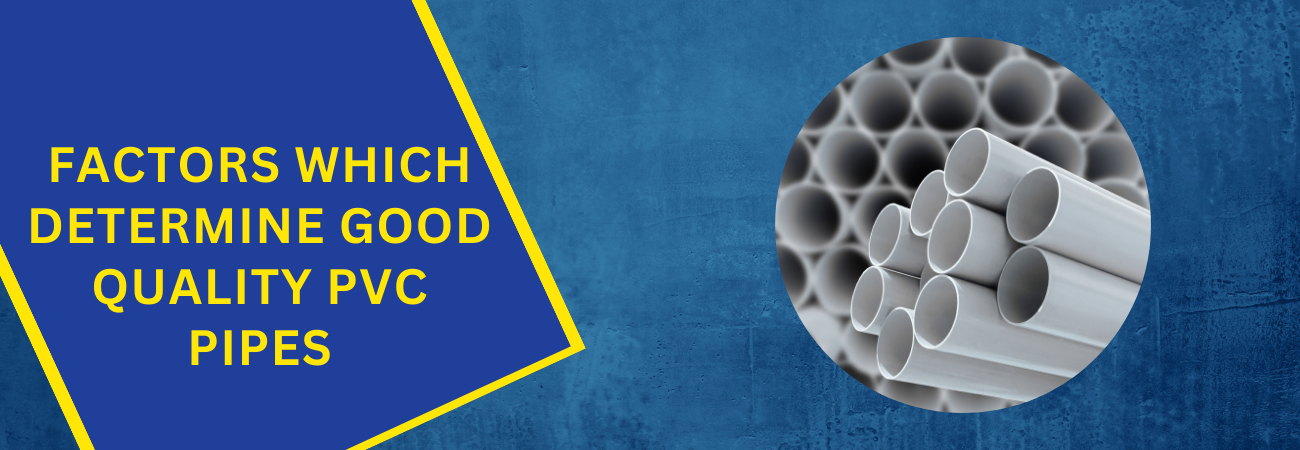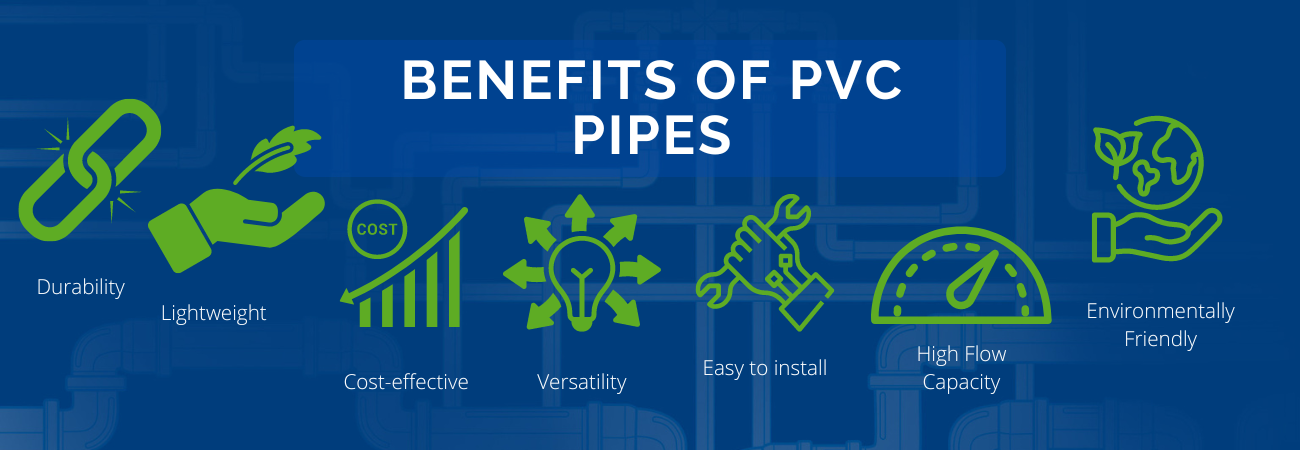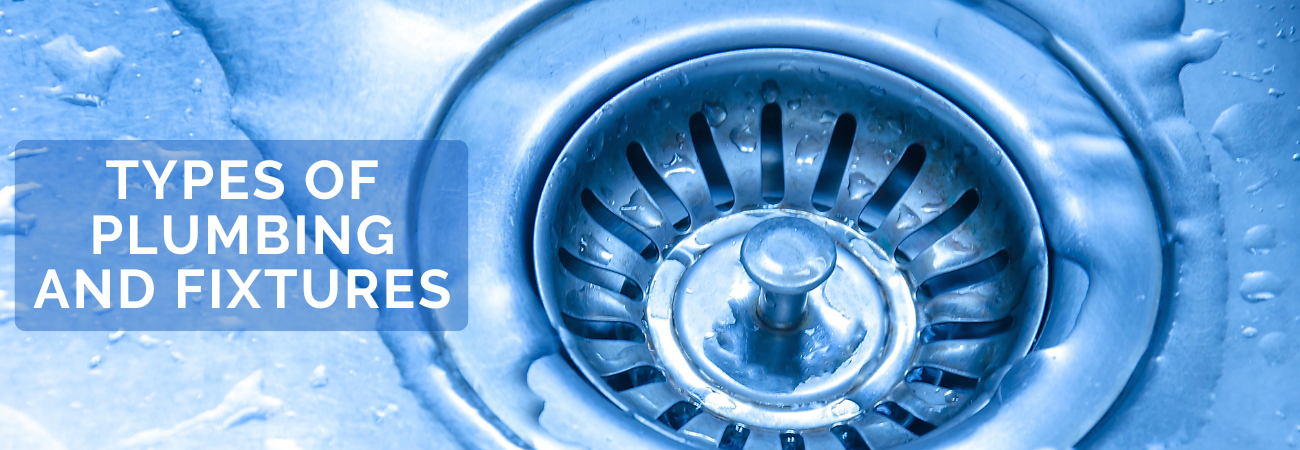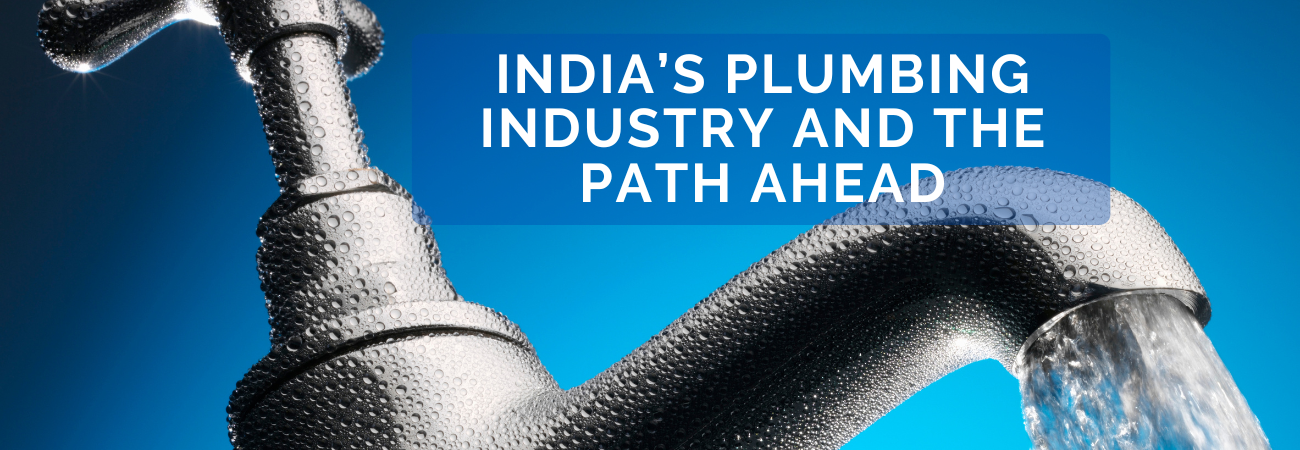
Best Pipes for Water Supply: Home & Building Guide
Introduction
When it comes to plumbing systems, selecting the best pipe for water supply is a critical decision for homeowners, contractors, and builders. Whether you’re working on a new construction project or upgrading an existing system, the type of water pipe you choose can have a significant impact on the safety, durability, and efficiency of your plumbing. A reliable water supply pipe ensures clean drinking water, minimizes leakage, and reduces long-term maintenance costs.
With so many options available on the market today, it can be overwhelming to decide which pipe is right for your project. Factors such as water temperature, quality, budget, and durability all play a role in the decision-making process. In this guide, we’ll dive deep into the types of water supply pipes, their pros and cons, and expert recommendations to help you choose the best water pipes for your home or commercial space.
Understanding Water Supply Pipes
A water supply pipe serves the essential function of delivering clean water from the main source to various points of use, such as taps, bathrooms, kitchens, and other fixtures. Whether you’re building a home or designing a large-scale commercial facility, choosing the right pipe material is critical to ensure long-lasting performance and safety.
For plumbing projects, particularly for residential pipe home systems, the material of the water pipe must be durable, hygienic, and resistant to common issues like corrosion, contamination, or leaks. Pipes are broadly categorized based on their material, with options ranging from traditional metal pipes like copper and galvanized iron (GI) to modern plastic pipes such as PVC, CPVC, and UPVC.
Each type comes with its own set of advantages and disadvantages, which we’ll explore in detail below.
Types of Water Supply Pipes
Different projects require different types of water supply pipes, depending on factors like durability, application, and cost. Here’s an overview of some of the most commonly used pipe types:
1. PVC Pipes (Polyvinyl Chloride)
PVC pipes are lightweight, affordable, and easy to install.
- Pros: Ideal for cold water supply, corrosion-resistant, and budget-friendly.
- Cons: Not suitable for hot water applications as they have a low heat tolerance.
- Best for: Outdoor irrigation systems, cold water pipelines, and residential plumbing.
2. CPVC Pipes (Chlorinated Polyvinyl Chloride)
An upgraded version of PVC, CPVC pipes can withstand higher temperatures.
- Pros: Suitable for both hot and cold water supply, resistant to chemicals, and durable.
- Cons: Slightly more expensive than PVC pipes.
- Best for: Indoor plumbing systems, hot water pipelines, and modern homes.
3. UPVC Pipes (Unplasticized Polyvinyl Chloride)
UPVC pipes are highly durable and free from plasticizing agents, making them an eco-friendly option.
- Pros: Corrosion-free, chemical-resistant, and long-lasting.
- Cons: Limited usage for hot water applications.
- Best for: Cold water supply in residential and commercial buildings.
4. PEX Pipes (Cross-linked Polyethylene)
PEX pipes are a flexible and versatile option for modern plumbing systems.
- Pros: Easily bendable for tight spaces, resistant to both hot and cold temperatures, and quick to install.
- Cons: UV-sensitive and may require protective insulation for outdoor use.
- Best for: Concealed piping systems, radiant heating setups, and both hot and cold water lines.
5. Copper Pipes
Copper pipes are a traditional choice known for their durability and reliability.
- Pros: Resistant to corrosion and high temperatures, long-lasting, and recyclable.
- Cons: Expensive and requires professional installation.
- Best for: Specialized applications, such as hospitals or areas with high water quality standards.
6. Galvanized Iron (GI) Pipes
GI pipes were widely used in the past but are now being phased out due to their susceptibility to rust.
- Pros: Strong and durable, can handle high pressure.
- Cons: Prone to rust and contamination over time, heavy, and hard to install.
- Best for: Industrial applications and high-pressure water systems.
Factors to Consider Before Choosing the Best Pipe for Water Supply
Selecting the right water supply pipe involves evaluating several key factors to ensure the best fit for your needs. Here’s what to keep in mind:
1. Water Quality
The quality of water being supplied affects the lifespan of your pipe. For instance, hard or contaminated water can speed up corrosion in metal pipes, making plastic pipes like CPVC or UPVC a better choice.
2. Temperature Resistance
If you need to supply hot water, opt for pipes with high temperature tolerance, such as CPVC, PEX, or copper. PVC and UPVC are best suited for cold water applications.
3. Durability and Maintenance
Look for pipes that are resistant to corrosion, leaks, and chemical damage. Durable options like CPVC, PEX, and UPVC reduce the need for frequent repairs and maintenance.
4. Budget
While some pipes may have a higher upfront cost, they could save you money in the long run due to their durability and low maintenance requirements.
5. Safety Standards
Ensure that the pipes you choose are certified for potable water use and free from harmful substances.
Best Water Pipes for Home Use
For most residential pipe home projects, the following pipes are highly recommended:
- CPVC Pipes: Ideal for hot and cold water supply, offering durability and safety.
- UPVC Pipes: Best for cold water distribution, as they are long-lasting and cost-effective.
- PEX Pipes: Perfect for concealed piping systems in modern homes due to their flexibility and ease of installation.
Best Water Pipes for Commercial & Industrial Use
For commercial buildings and industrial applications, the requirements for water supply pipes differ:
- CPVC Pipes: Reliable for high-temperature water supply in hotels, hospitals, and factories.
- GI Pipes: Still used in industries for high-pressure applications, though being replaced in residential systems.
- Copper Pipes: Preferred in industries where hygiene and heat resistance are critical.
Expert Recommendations: Which Pipe is Best for Water Supply?
Plumbing experts often recommend CPVC pipes as the best pipe for water supply due to their versatility, safety, and durability. They are suitable for both hot and cold water, resist corrosion, and are a cost-effective option for homeowners.
For cold water-only applications, UPVC pipes remain a reliable and affordable choice.
Maintenance Tips for Water Supply Pipes
Proper maintenance can significantly extend the lifespan of your water supply pipe. Here are some tips to keep your plumbing system in top shape:
- Regularly inspect pipes for leaks, cracks, or signs of wear.
- Use high-quality fittings to prevent pressure-related damage.
- Flush the system periodically to remove mineral buildup or sediment.
- Insulate hot water pipes to reduce heat loss and prevent freezing in cold weather.
Conclusion
Choosing the best pipe for water supply is essential for creating a reliable and efficient plumbing system. Factors such as water quality, temperature resistance, and budget play a key role in determining the right pipe material for your needs.
For most households, CPVC and UPVC pipes are top-performing options due to their durability, safety, and cost-efficiency. For more specialized applications, PEX and copper pipes are excellent choices.
Investing in the right water supply pipes not only ensures safe and consistent water flow but also saves you money on repairs and replacements in the long run. With careful consideration and proper maintenance, your plumbing system can serve you well for decades to come.
FAQ:-
The best pipe for water supply depends on your application. For hot and cold water, CPVC pipes are the most reliable choice due to their durability and heat resistance. For cold water distribution, UPVC pipes are highly recommended as they are cost-effective and long-lasting.
CPVC pipes are resistant to corrosion, safe for drinking water, and suitable for both hot and cold water applications. They also require low maintenance and are highly durable compared to traditional metal pipes.
Several companies manufacture high-quality CPVC pipes, but the best CPVC pipe company in India is one that offers certified, durable, and cost-effective products suitable for long-term use in both residential and commercial projects.
The best CPVC pipes in India are those that meet safety standards for potable water, can withstand high temperatures, and ensure leak-free performance. Always choose branded pipes from trusted CPVC manufacturers for long-lasting results.
To choose the best CPVC pipes, consider factors like water quality, temperature resistance, durability, and warranty. It’s also important to buy from reputed CPVC pipes companies in India that follow strict safety and quality standards.
Yes, CPVC pipes are better for hot and cold water supply since they can handle higher temperatures compared to PVC and UPVC. However, for cold water supply only, UPVC pipes are a more affordable and durable option.
Yes, CPVC pipes are widely used in commercial buildings, hotels, hospitals, and industries because of their ability to handle high temperatures and resist chemical damage.
For any queries, contact the plumbing experts at Ajay pipes on the Toll Free No. : 1800-11-4050 or via email at our email address info@ajaypipes.com



